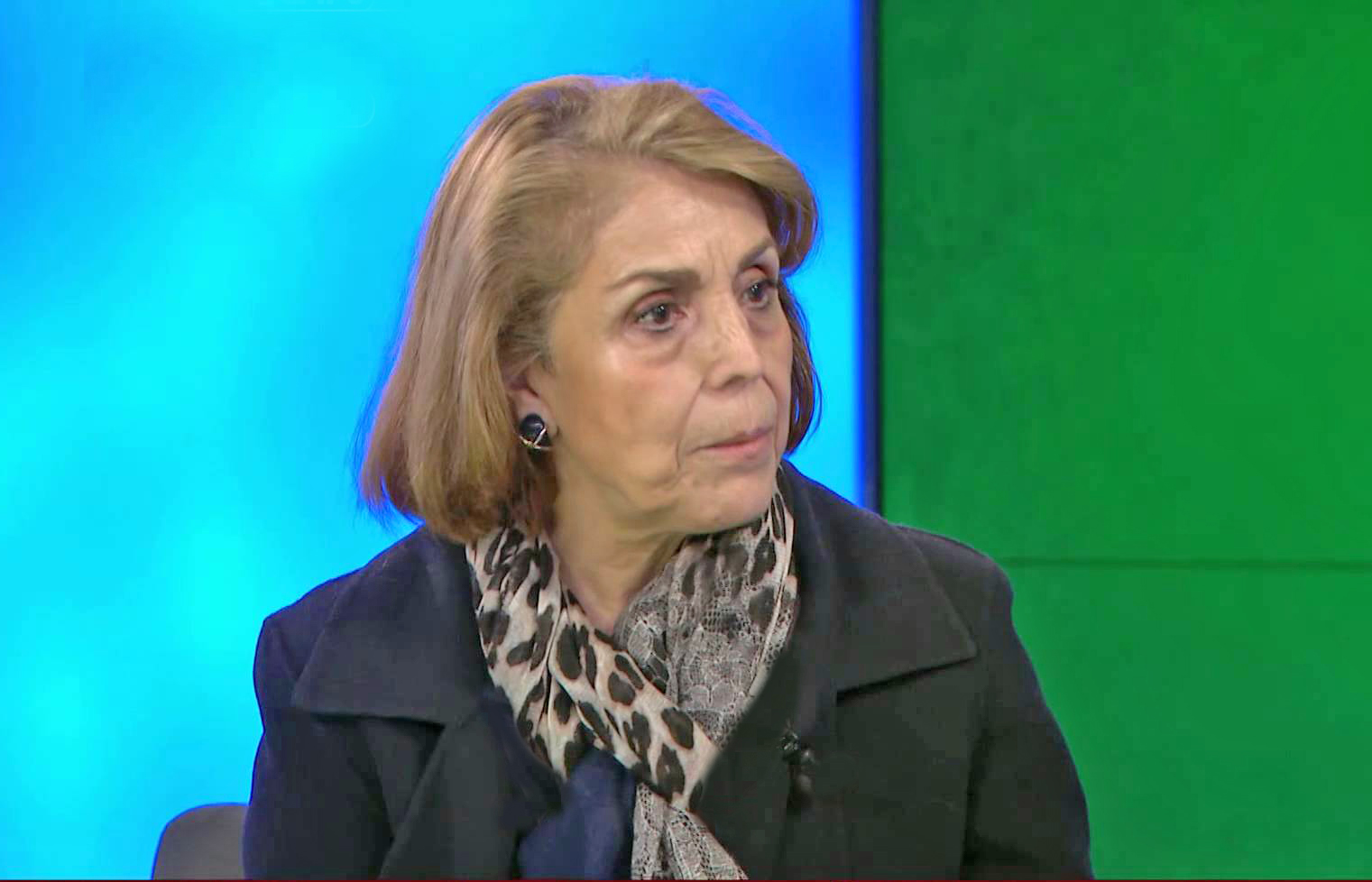“The extremist groups could not function without the support of state actors,” Shireen Tahmaasb Hunter tells the Tehran Times in an exclusive interview.
“For example,” she says “Al Qaeda and ISIS are inspired by Wahhabi/Salafi teachings which for nearly five decades have been promoted by Saudi Arabia.”
She also says “Russia’s intervention in Syria certainly has a systemic dimension.”
Following is the text the interview:
Q: Recently Henry Kissinger in article in Wall Street Journal talked about the collapse of world order and transition to a new world order. He believes that the Westphalian system does not work anymore and we are witnessing ideological wars in this order. Can the wars in Iraq, Yemen, and Libya be viewed from such an angle?
A: I do not agree with Kissinger that the basics of the Westphalian state system are no longer valid. This system is under pressure, but largely because of the actions of state actors. The extremist groups could not function without the support of state actors. Their ideologies, too, are inspired by those of some states. For example, Al Qaeda and ISIS are inspired by Wahhabi/Salafi teachings which for nearly five decades have been promoted by Saudi Arabia and to some degree Pakistan. The Taliban are the creation of Pakistan. However, once created some of these groups tend to escape the control of their sponsoring states at some point to different degrees.
The wars in Iraq, Libya and now Yemen have resulted from state actions and were made possible by the imbalance of power which emerged within the international system following the fall of the Soviet Union. In the past, the principle of respect for the sovereignty of states was only observed in the case of strong states and weaker states’ sovereignty was routinely disregarded except in cases that attack on a weak state would have triggered the reaction of a strong state. In other words, the balance of power among big powers was the only protection that weaker states had. So the idea that the Westphalian system is not valid is not convincing.
Q: Can the Russian intervention in Syria create a multi-polar situation in the fight against terrorism and pave the way for cooperation of different poles to counter terrorism?
A: Russia’s intervention in Syria certainly has a systemic dimension. Russia wants to indicate that it would not accept America’s unilateralism especially when it could negatively affect Russia’s security interests as the rise of ISIS and other Islamist militants do. Russia for some time now has also expressed its opposition to a so-called unipolar international system. Although not openly active, China, too, shares this perspective. The best outcome would be if all big powers cooperated to solve problems such as that of terrorism but also other global issues. Failing that, the world might face a sharpening of great power rivalry and possibly even the formation of competing blocs in a not too distant future.
Q: The U.S. strategy in the Persian Gulf Arab states is insistence on stability, security and state security rather than democracy, but when it comes to Syria the priority is democracy, human rights and human security, why?
A: In general, the U.S. does not concern itself much with human rights issues in countries which are its allies. This has always been the case. The Persian Gulf Arab states are U.S. allies. The promotion of human rights often applies to those countries and regimes which are viewed as hostile to the U.S. or to Israel. Syria has not signed peace treaty with Israel and therefore the U.S. wants to change its regime by promoting democracy. It hopes that new regime might be more friendly towards Israel.
Q: Is there any possibility of the U.S.-Russia cooperation in Syria? Can different sides in Syria including the U.S. and Russia agree on a win- win plan?
A: If the ultimate and principle goal all parties is to eliminate terrorism, irrespective of who commits it and against whom Russia and America certainly to find a win-win formula to deal with Syria. However, both Russia and America are also pursuing other objectives there. Russia wants to retain a government in Syria which is friendly towards it. Meanwhile the U.S. wants a government which is both friendly towards the U.S. and towards Israel and willing to sign a peace treaty with it. This, in turn, makes their cooperation more problematic.
Q: What are the possible scenarios for the future of Syria?
A: It is very difficult to predict the future shape of Syria. Return to Status quo ante is not very likely. Too much blood has been shed both by the Syrian government and various rebel forces and sectarian relations have been poisoned. Perhaps the best solution would be a semi federal system within which various ethnic and sectarian groups enjoy considerable local autonomy, including policing their own communities and the Central government deals with foreign and defense policy.
/149

